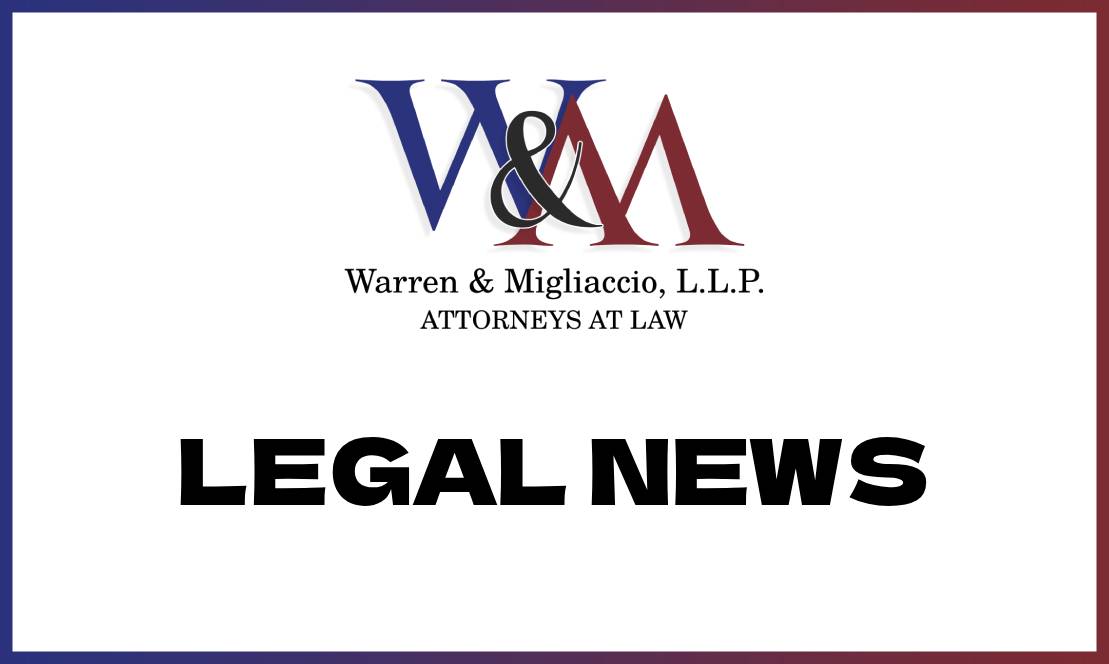Filing a Chapter 7 bankruptcy case requires you to release qualifying assets and property to your creditors to help repay your debt. This only applies to non-exempt property, and in Texas, that may not be as much as you think.
Non-exempt Property
Under Texas Chapter 7 bankruptcy law, any assets or property you have that are on the state’s non-exempt list may have to be liquidated and their proceeds given to your creditors to clear your outstanding debt.
Qualifying non-exempt items that may be allowable include:
- bank accounts;
- bonds;
- stocks;
- cash;
- vacation home;
- second home;
- second car; and
- collectible items of value (e.g., stamps, coins, etc.).
Exempt Property
Texas covers many assets and properties under its exemption list, meaning they cannot be seized under Chapter 7, including:
- your home;
- current wages, excluding any child support;
- proceeds from a home sale received within the past 6 months;
- personal property (up to $30,000 for an individual and up to $60,000 for a family);
- motor vehicle;
- pensions; and
- jewelry (up to a certain amount).
Laws change every day. For the latest information on non-exempt property and exempt property under Texas Chapter 7 bankruptcy law, consult a skilled bankruptcy attorney.
The experienced bankruptcy attorneys at Warren & Migliaccio, L.L.P. have been helping individuals and families through their bankruptcy cases for years. They will do what they can to protect your assets and make the process as painless and simple as possible for you. Give them a call at 1-888-584-9614.


Leave a Reply